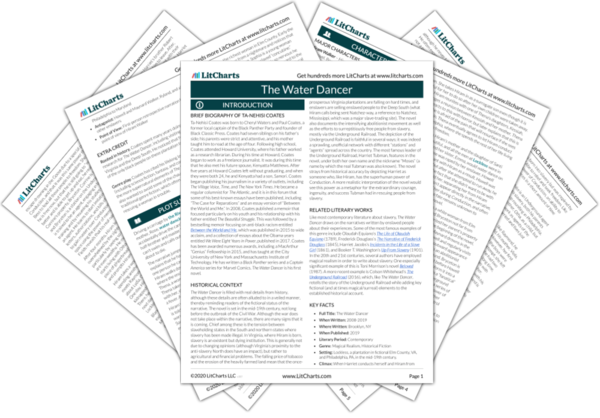Bear in mind that Hiram’s treatment here is very far from what enslaved people usually endured, although it was not completely unheard of for enslaved people to be taught certain skills (including literacy) if this could be of use to their enslavers. In general, literacy was seen as a highly dangerous skill for enslaved people to have, because it encouraged communication, knowledge of the outside world, and therefore rebellion.
